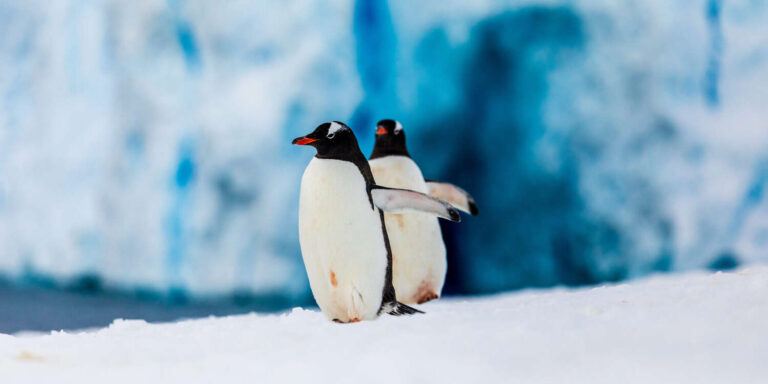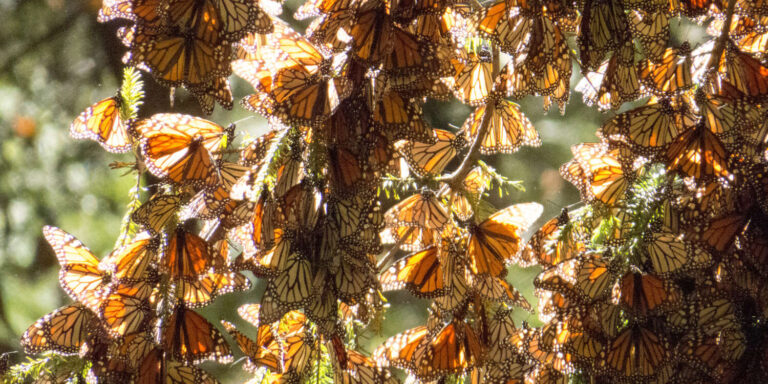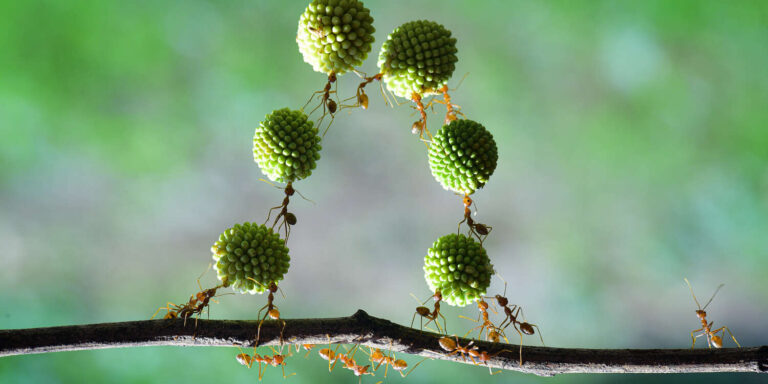Advancing Biodiversity Science
through DNA Barcoding
BOLD, the Barcode of Life Data Systems, supports the acquisition, storage, validation, analysis, and
publication of DNA barcodes: activities that require the integration of molecular, morphological, and distributional data. Its pivotal role in curating the reference library of DNA barcodes, coupled with its data
management and analysis capabilities, makes it a central resource for biodiversity science. It enables rapid,
accurate identification of specimens and also reveals patterns of genetic diversity and evolutionary relation-
ships among taxa.

From Vision to Global Impact
BOLD began with a clear vision: to create a data platform that supports DNA-based species identification. It was created in 2005 by Sujeevan Ratnasingham and Paul Hebert to serve a national network of researchers and has since grown into a vital tool for the global biodiversity science community.
Today, BOLD is operated by a team of engineers, researchers, and data managers. It supports thousands of students, researchers, and organizations, enabling collaboration across the globe. From its pioneering beginnings, BOLD has evolved into a comprehensive platform that drives biodiversity research and conservation efforts worldwide. Through continuous innovation, BOLD has made a significant impact, supporting a global network dedicated to understanding and protecting Earth's biodiversity.
BOLD in Conservation, Research and Citizen Science

Biodiversity Conservation

Research and Education

Citizen Science
Ongoing Development and Innovation
BOLD is committed to continuous growth, expanding its data holdings, functionality, and partnerships. A key strategy involves enhancing its capabilities by integrating advanced technologies, such as machine learning and AI, with the ultimate goal of making DNA barcoding more useful and accessible.
Be Part of the Global Effort
Researchers, educators, and citizen scientists are encouraged to contribute to the expansion of the library, curation of hosted data, and the application of DNA barcodes. Participation from individuals and organizations worldwide is crucial to the global effort to understand and preserve biodiversity.

